Learning materials for this module
| Site: | Mount Orange |
| Course: | Critical Thinking: Develop your skills |
| Book: | Learning materials for this module |
| Printed by: | ಅತಿಥಿ ಬಳಕೆದಾರ |
| Date: | Wednesday, 21 January 2026, 10:39 AM |
1. Focus for this tutorial
In this tutorial we will focus on five critical thinkers from history:
- Socrates.
- Aristotle.
- Francis Bacon.
- John Stuart Mill.
- Richard Paul.
2. Socrates
Socrates: Ancient Greek philosopher who is known for his method of questioning and his emphasis on the importance of self-knowledge.
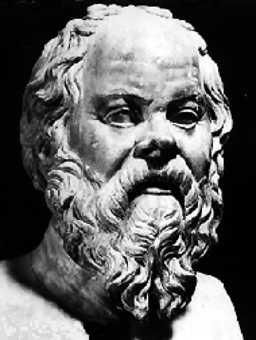
Socrates was an ancient Greek philosopher who is known for his Socratic method of questioning. He lived in Athens during the 5th century BC and was known for his commitment to truth and his pursuit of knowledge. He was sentenced to death by drinking hemlock in 399 BC, after being charged with impiety and corrupting the youth of Athens.
3. Aristotle
Aristotle: A student of Plato and one of the most influential thinkers in Western philosophy, Aristotle emphasized the importance of logic and reason in critical thinking.
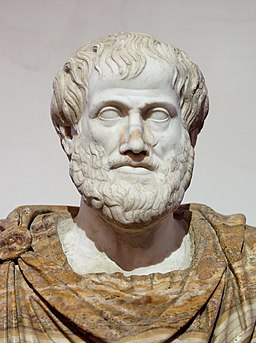
Aristotle was a student of Plato and one of the most influential thinkers in Western philosophy. He lived in Greece during the 4th century BC and was a prolific writer and teacher. He founded his own school, the Lyceum, and his ideas on logic, metaphysics, and ethics have had a lasting impact on Western thought.
4. Francis Bacon
Francis Bacon: A 17th-century philosopher and scientist who is often credited with helping to develop the scientific method, Bacon emphasized the importance of empirical evidence and scepticism.
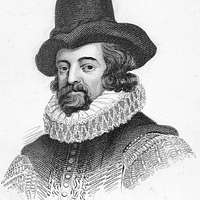
Bacon was a 17th-century philosopher and scientist who is often credited with helping to develop the scientific method. He lived in England and served as the Lord Chancellor under King James I. He emphasized the importance of empirical evidence and scepticism, and his works include "Novum Organum" and "The New Atlantis."
5. John Stuart Mill
John Stuart Mill: A 19th-century philosopher and political economist, Mill was a proponent of utilitarianism and emphasized the importance of rational thinking and individual liberty.
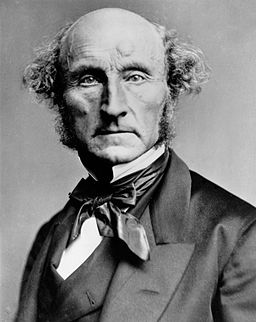
Mill was a 19th-century philosopher and political economist who was a proponent of utilitarianism. He lived in England and was a member of Parliament. He emphasized the importance of rational thinking and individual liberty, and his works include "On Liberty" and "Utilitarianism."
6. Richard Paul
Richard Paul: A 20th-century philosopher and educator, Paul is known for his work in developing a framework for critical thinking that emphasizes the importance of clarity, accuracy, precision, and relevance in thinking and communication.
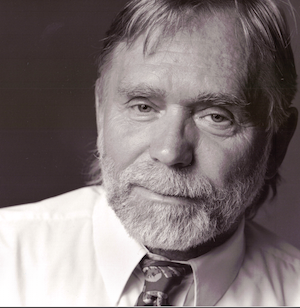
Photograph source: Photograph source: Center for Critical thinking Richard Paul memorial page
Paul was a 20th-century philosopher and educator who is known for his work in developing a framework for critical thinking. He founded the Center for Critical Thinking at Sonoma State University and emphasized the importance of clarity, accuracy, precision, and relevance in thinking and communication. His works include "Critical Thinking: How to Prepare Students for a Rapidly Changing World."